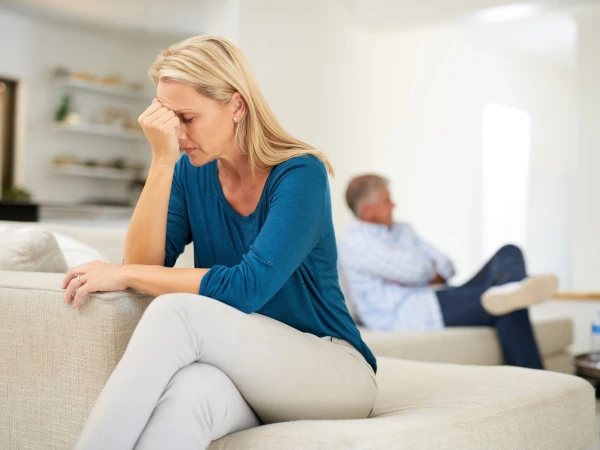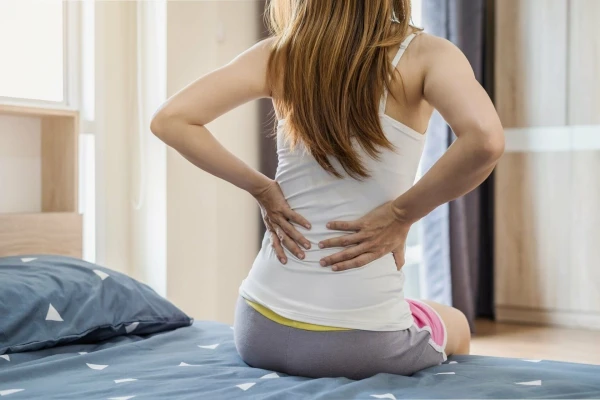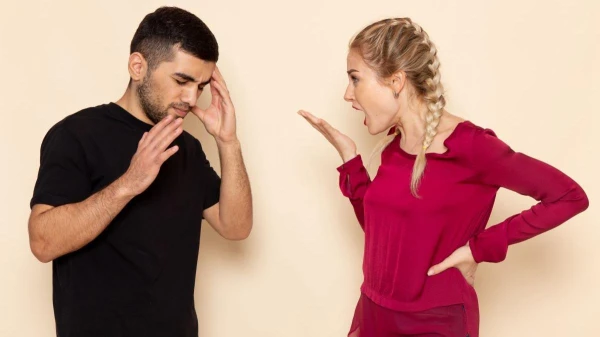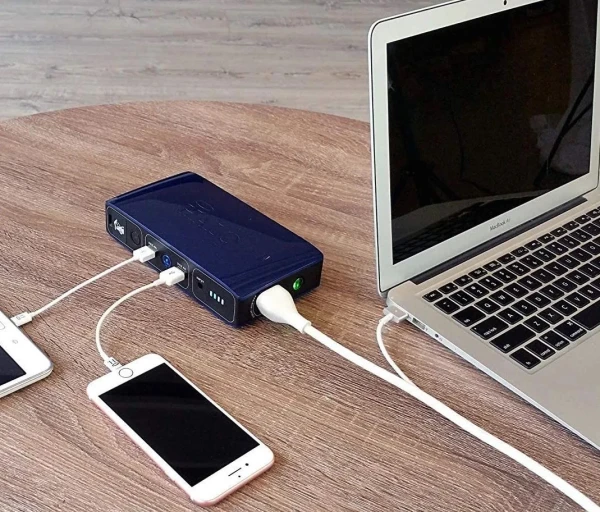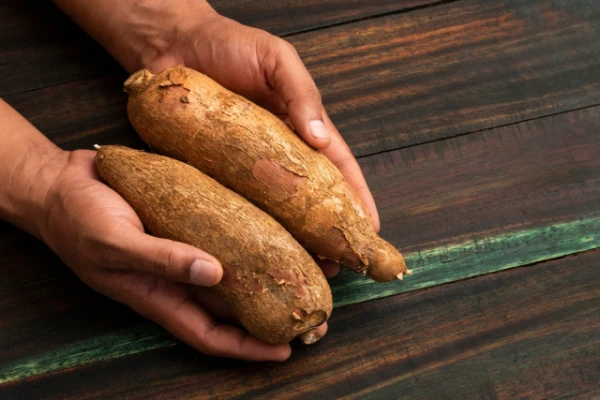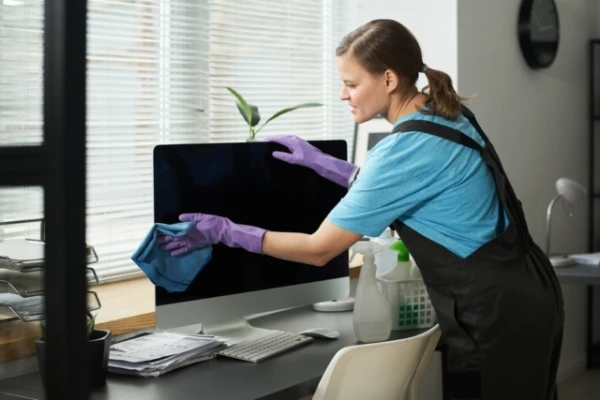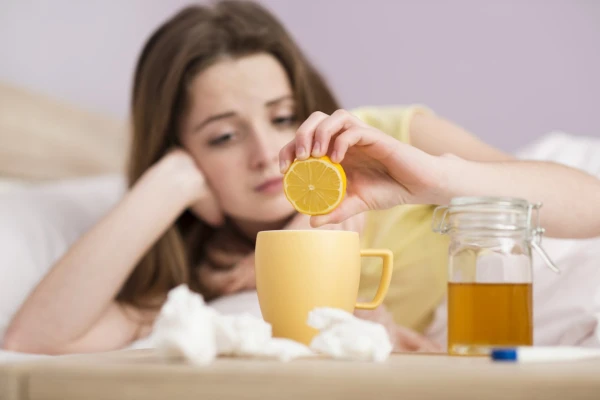
Autumn is a time when the body experiences stress from a lack of sunlight, fresh air, and increased workloads. A deficiency of vitamin D, dry air, stress, and poor sleep reduce the activity of the immune system.
Oleg Evgenievich Morunov, a candidate of medical sciences and assistant of the Department of Outpatient Therapy at the Pirogov University Clinical Medicine Institute, explains why we get sick more often in autumn and what measures can help strengthen our defenses.
Why Do We Get Sick in Autumn?
Deficiency of Sunlight. Sunlight is the main regulator of vitamin D production and the "happiness hormone" serotonin. When there is little sunlight, the level of vitamin D drops, and it is the conductor of our immune orchestra. Its deficiency weakens the first and most important barrier against infections.
"Office syndrome" worsens. We walk less, confining ourselves to stuffy rooms with dry air from heating, where viruses circulate perfectly. Air conditioners and radiators dry out the mucous membranes of the nose and throat — our natural protective barrier, making it easier for viruses to penetrate.
Stress of the "first quarter." September is a time of rush at work after vacations and the start of the school year for children. Chronic stress increases the level of the hormone cortisol, which in large amounts suppresses the activity of immune cells.
Unique factors affect city dwellers:
-
Megalopolis stress. The fast pace of life, long commutes on the subway, and traffic jams create chronic stress that we often do not notice, but it steadily lowers our immunity.
-
Ecology. The air in a big city is a cocktail of exhaust fumes and industrial emissions. It constantly irritates the respiratory tract, making them more vulnerable to pathogens.
-
Lack of sun and vitamin D. Due to dense construction and frequent cloudiness, residents of Moscow suffer particularly from a lack of ultraviolet light.
How to Reduce the Impact?
-
Vitamin D. Get tested and start taking supplements as recommended by a doctor.
-
Humidifier. Be sure to use it at home and at work.
-
Walks in parks. Find time for a 30-40 minute walk during lunch or on weekends in the city's "lungs" — parks, to compensate for the lack of movement and oxygen.
Folk Wisdom and Science
Many "grandma's" tips are not without meaning, but it is important to understand how they work.
-
Contrast shower. It trains blood vessels and the body's adaptive systems, which positively affects the immune response. Start gradually, with a small temperature difference.
-
Breathing exercises. Their effectiveness is proven. They improve lung ventilation, saturate the blood with oxygen, and reduce stress levels. Buteyko or Strelnikova techniques are excellent preventive measures.
-
Aromatherapy (eucalyptus, tea tree, fir oils). Their effectiveness has limited confirmation. Some oils have antiseptic properties and can slightly disinfect the air. However, this is an auxiliary, not a primary measure.
Food for Protection
-
Garlic contains allicin — a compound with antimicrobial activity.
-
Ginger has warming and anti-inflammatory properties.
-
Honey is a natural immunomodulator that soothes the throat.
-
Chicken soup is not a myth! Research shows that it has a mild anti-inflammatory effect and helps combat cold symptoms.
Key Principle: Do not rely solely on ginger. Immunity is strengthened by a balanced diet rich in protein (the building material for immune cells), zinc (meat, nuts, legumes), selenium, and vitamin C (sauerkraut, rose hips, bell peppers).
Dietary Supplements and Vitamins
Justified, but only after consulting a doctor. In autumn, the most relevant are:
-
Vitamin D — the leader in importance for immunity this season.
-
Zinc — critically important for the functioning of T-lymphocytes, the main killers of the immune system.
-
Omega-3 — fight inflammation and support cell membrane health.
Do not buy complex vitamins "at random." It is better to get tested and take what your body specifically lacks.
How does optimism affect immunity?
There is a connection between a person's mental state and the neurohumoral mechanisms of the body.
When we are stressed or depressed, the brain produces cortisol and other substances that suppress lymphocyte activity. When we are calm and happy, endorphins and serotonin are produced, creating a favorable environment for the work of immune cells. Studies show that optimistic people have higher antibody levels after vaccination and recover faster.

